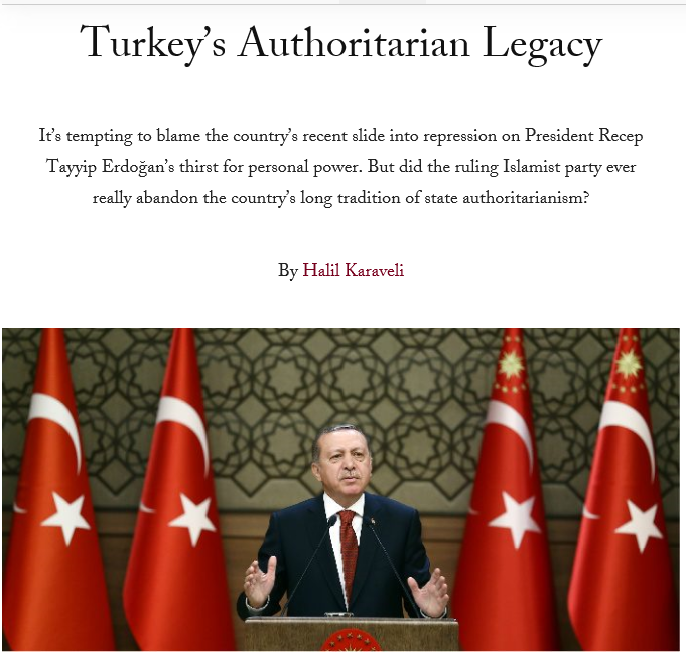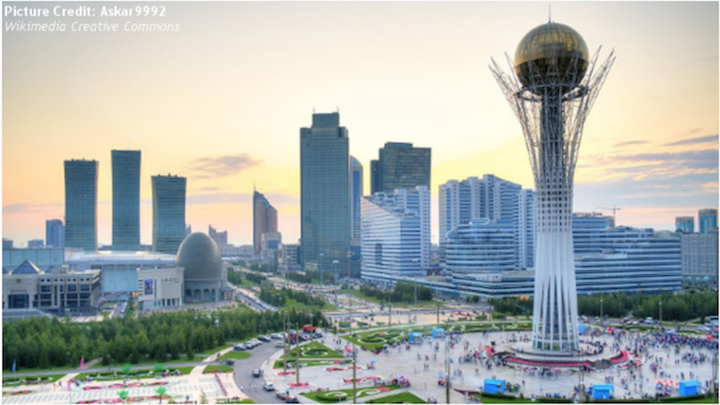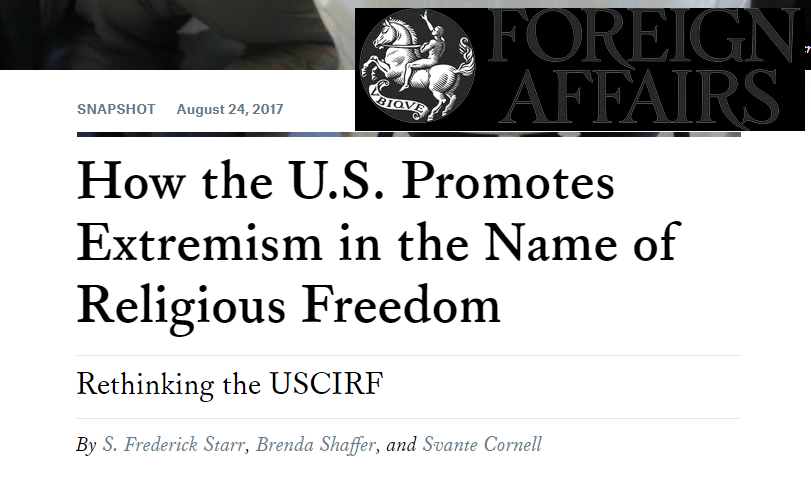Wednesday, 06 September 2017 18:46
Iran's Azerbaijan Question in Evolution: Identity, Society and Regional Security
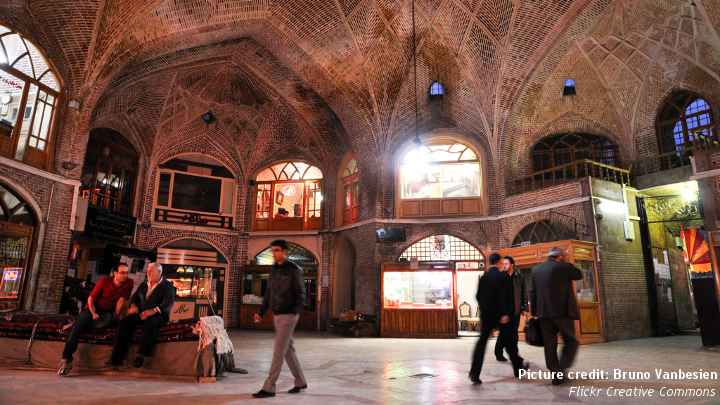
Wednesday, 06 September 2017 18:33
How the U.S. Promotes Extremism in the Name of Religious Freedom
Friday, 16 June 2017 00:00
Central Asia: All Together Now
Central Asia: All Together Now
Bilahari Kausikan, S. Frederick Starr and Yang Cheng
The American Interest, June 16, 2017
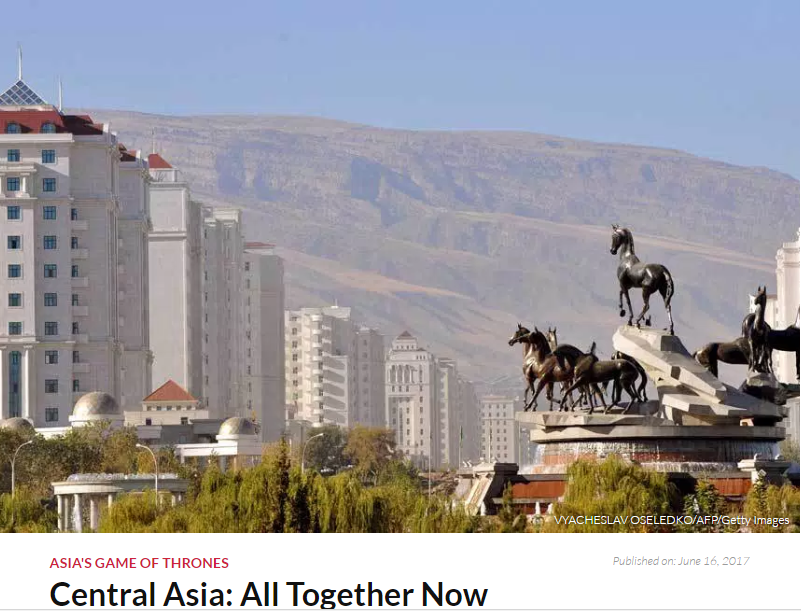
Monday, 01 May 2017 00:00
Turkey’s Authoritarian Legacy
Article, The Cairo Review of Global Affairs, May 1, 2017
Halil Karaveli, Turkey's Authoritarian Legacy
It's tempting to blame the country's recent slide into repression on President Recep Tayyip Erdoğan's thirst for personal power. But did the ruling Islamist party ever really abandon the country's long tradition of state authoritarianism?
